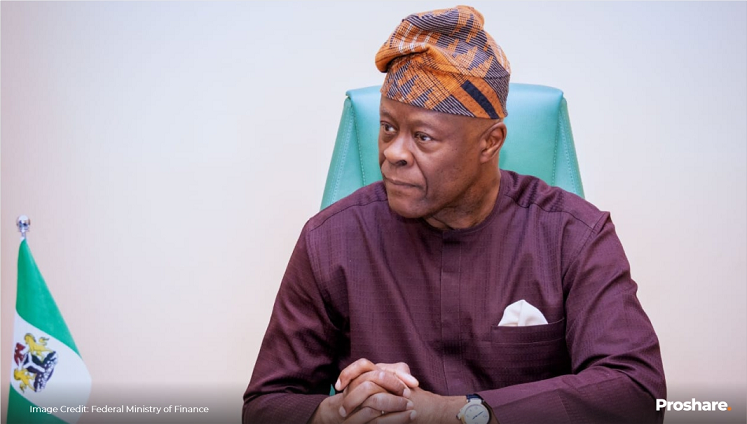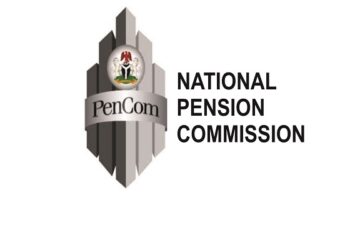The federal government has reaffirmed its commitment to the Crude and Refined Product Sales in Naira initiative, describing the policy as a long-term strategy to ease Nigeria’s foreign exchange (forex) pressure and bolster energy security.
This position was reiterated at a high-level update meeting of the technical sub-committee on the initiative, held in Abuja. The session reviewed implementation progress and addressed emerging challenges around the policy.
The meeting was chaired by the minister of finance and coordinating minister of the economy, Mr. Wale Edun, who also leads the overarching Implementation Committee. He was joined by the Executive chairman of the Federal Inland Revenue Service (FIRS) and chair of the technical sub-committee, Mr. Zacch Adedeji.
Also present were top executives across the oil and gas value chain, including the chief financial officer of NNPC Limited, Mr. Dapo Segun; representatives from NNPC Refineries and NNPC Trading; Dangote Petroleum Refinery and Petrochemicals; and regulators such as the Nigerian Upstream Petroleum Regulatory Commission (NUPRC), Nigerian Midstream and Downstream Petroleum Regulatory Authority (NMDPRA), Central Bank of Nigeria (CBN), Nigerian Ports Authority (NPA), and Afreximbank. The Committee’s Secretary, Hauwa Ibrahim, coordinated the meeting.
In a post shared Wednesday via its official X (formerly Twitter) handle, the ministry of finance said the policy is not a temporary fix but a cornerstone of Nigeria’s economic transformation agenda, as approved by the Federal Executive Council (FEC).
According to the statement, “The initiative is designed to shield the economy from global oil market volatility, reduce demand for dollars, and stabilise the naira through domestic currency-based transactions.”
The committee acknowledged ongoing implementation hurdles, including logistics bottlenecks, coordination issues between upstream producers and downstream offtakers, and pricing and compliance challenges. These, it said, are being resolved through joint inter-agency collaboration.
The programme remains in force for as long as it aligns with Nigeria’s national and economic interests,” the committee said, adding that the framework would continue to evolve based on market dynamics and stakeholder feedback.
This comes despite reports earlier this year suggesting that the initiative had been concluded. In March 2025, NATIONAL ECONOMY reported that the pilot phase of the naira-for-crude policy had ended after six months. The Nigerian National Petroleum Company Limited (NNPCL), in a statement by its chief corporate communications officer, Olufemi Soneye, confirmed the pilot arrangement but emphasised that a full rollout was still under review.





